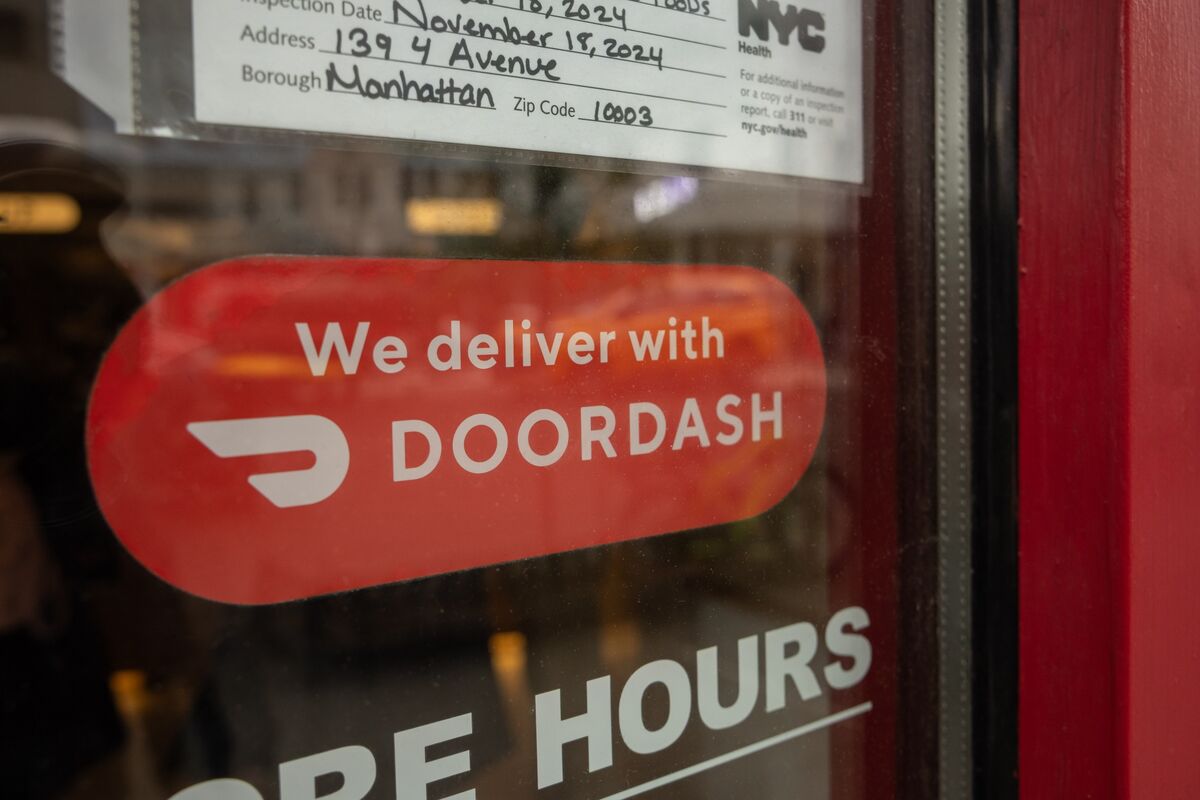DoorDash Scraps AI Voice Ordering for Restaurants: A Strategic Shift or a Setback for AI in Food Tech?
DoorDash, the popular food delivery giant, has quietly discontinued its AI-powered voice ordering system for restaurants. This move, while seemingly understated, carries significant implications for the future of artificial intelligence (AI) in the food tech industry. The decision raises questions about the scalability and practical application of AI in complex, human-centric environments like restaurant operations.
While DoorDash hasn't publicly announced the termination, numerous restaurant partners have confirmed the removal of the voice ordering feature. This suggests a strategic shift, possibly driven by unforeseen challenges and lower-than-expected adoption rates.
Why Did DoorDash Abandon AI Voice Ordering?
Several factors likely contributed to DoorDash's decision:
-
Integration Challenges: Integrating AI voice ordering seamlessly into existing restaurant workflows proved more difficult than anticipated. Many restaurants already grapple with complex Point of Sale (POS) systems and staff training. Adding another layer of technology, especially one requiring significant adaptation, could have overwhelmed many businesses.
-
Accuracy and Reliability Issues: AI voice recognition technology, while improving rapidly, still struggles with accents, background noise, and diverse speech patterns. Inaccurate orders lead to customer dissatisfaction and operational inefficiencies for restaurants, negating the intended benefits of automation.
-
Lack of Widespread Adoption: Perhaps the most significant factor was the limited uptake of the voice ordering system by both restaurants and customers. Without widespread adoption, the investment in development and maintenance couldn't be justified. This highlights the crucial importance of market research and understanding user behavior before deploying cutting-edge technologies.
-
Cost-Benefit Analysis: The cost of developing, implementing, and maintaining the AI system likely outweighed the returns. This is a common pitfall for innovative technologies; the initial hype often overshadows the practical realities of deployment and long-term sustainability.
The Broader Implications for AI in Food Tech
DoorDash's decision serves as a cautionary tale for other companies exploring AI solutions in the food industry. It underscores the importance of:
-
Thorough Testing and Pilot Programs: Before widespread rollout, thorough testing in diverse environments is crucial to identify potential challenges and limitations.
-
User-Centric Design: AI solutions must be designed with the needs and limitations of both restaurants and customers in mind. A technology that is difficult to use or integrate will likely fail to gain traction.
-
Realistic Expectations: The progress of AI is incremental, not revolutionary. Overly ambitious expectations can lead to disappointment and premature abandonment of potentially valuable technologies.
What's Next for DoorDash and AI in Food Delivery?
While DoorDash has seemingly stepped back from AI voice ordering, this doesn't necessarily signal the end of AI's role in food delivery. The company may be focusing on refining its AI capabilities in other areas, such as:
-
Improved delivery route optimization: AI can significantly enhance delivery efficiency by optimizing routes and minimizing delivery times.
-
Personalized recommendations: AI-powered recommendation systems can improve customer engagement and increase order frequency.
-
Fraud detection and prevention: AI can help identify and prevent fraudulent activities within the platform.
This development highlights the dynamic nature of the food tech industry and the challenges of integrating advanced technologies into real-world operational environments. While the initial foray into AI voice ordering proved challenging, the future of AI in food delivery remains bright, albeit requiring a more nuanced and realistic approach. The focus will likely shift towards more incremental improvements and carefully planned implementations.
What are your thoughts on DoorDash's decision? Share your opinions in the comments below!

